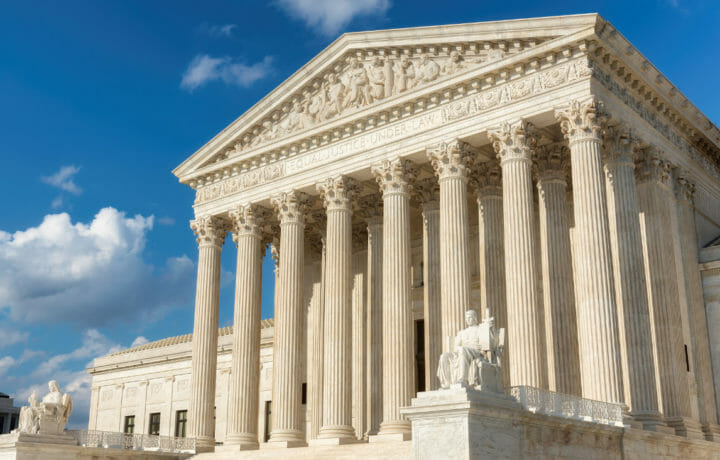Before the draft Supreme Court opinion overturning Roe v. Wade leaked on May 2nd of this year, it’s doubtful that most women in the national security workforce ever contemplated the impact of seeking an abortion on their security clearance.
Abortions have always had the potential to become security issues if they were closely-guarded secrets and raised blackmail concerns; but practically-speaking, the issue rarely, if ever, came up in security clearance denial or revocation cases. In the thousands of cases my firm has handled over the years, I’ve never seen it.
State Law and Adjudicative Guidelines
Now, however, there is a bigger issue. Once formally released, the Supreme Court’s decision resulted in an almost instantaneous patchwork of state laws on abortion. Some states moved to enshrine an unqualified right to abortion in their state constitution. Others banned it entirely. And still others passed laws establishing strict criteria under which abortions can occur.
Theoretically, a woman living in State A that has outlawed abortions could currently travel to State B and obtain the procedure legally, resulting in no security clearance issue. But some states are already discussing ways to prevent their residents from doing that. And if the woman can’t afford the travel – which seems unlikely for gainfully-employed clearance-holders, but may be an issue for future clearance applicants – obtaining an abortion illegally can now be deemed potentially disqualifying conduct under the National Adjudicative Guidelines for Security Clearances (“the Guidelines”).
To be clear, this is theoretical and untested; it will take time for any cases like these to work their way through the government’s security bureaucracy. Yet the government may find it has boxed itself into a corner on this issue and be forced to pursue illegal abortion cases as security concerns, despite the fact that the presidential administration in power may disagree on the relevance as a matter of policy.
Other Examples with State Laws
I say this because the government already does exactly that on other issues that vary from state to state and aren’t federal crimes – like many gun laws. Consider, for example, a legal gun owner in State A who can lawfully carry a concealed firearm there, but who crosses into State B and is in violation of State B’s firearm laws. Under the Guidelines, an arrest in State B for something that was perfectly legal in State A would be considered potentially disqualifying criminal conduct that could place the clearance holder or applicant in jeopardy of having their clearance denied or revoked. The politics of the two issues are certainly different, but both issues have vocal constituencies fighting for them, and both excite passions and raise thorny legal questions.
To be clear, I take no position on either issue; my personal opinions are irrelevant for this article. My point is simply that if personnel security officials are going to use violations of state-specific laws as a basis for security clearance considerations, as they do currently, they can’t credibly pick and choose which state laws they deem “legitimate” without being seen by one constituency or another as politicizing the process. This may create unexpected challenges for some women working (or aspiring to work) in the national security sector.
This article is intended as general information only and should not be construed as legal advice. Although the information is believed to be accurate as of the publication date, no guarantee or warranty is offered or implied. Laws and government policies are subject to change, and the information provided herein may not provide a complete or current analysis of the topic or other pertinent considerations. Consult an attorney regarding your specific situation.




